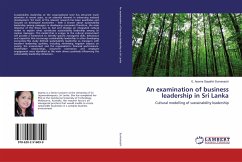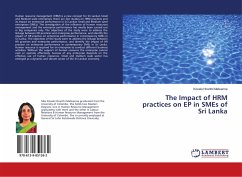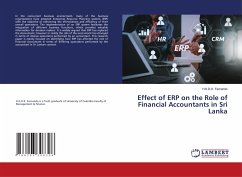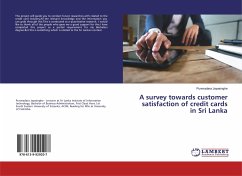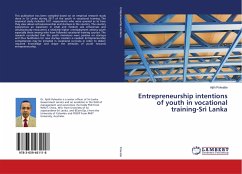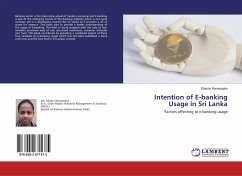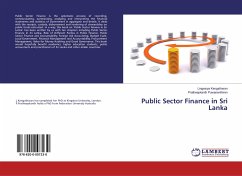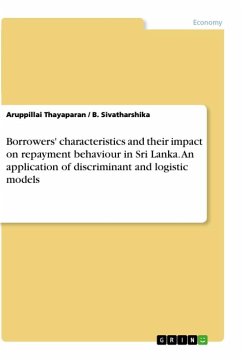Sustainability leadership at the organisational level has attracted much attention in recent years, as an essential element in enhancing national development. Yet much of the relevant research has been qualitative and focused on developed economies - little is known about sustainability leadership among managers in developing economies.Therefore, the main objective of this thesis was to test and develop an integrated cultural model to explain what constitutes sustainability leadership among Sri Lankan managers. This model that is unique to the cultural environment will provide a framework to identify specific managerial skills, behaviours and capacities that encourage sustainability leadership in other developing economies.This study defined sustainability leadership as managers with excellent leadership qualities, including minimising negative impacts on society, the environment and the organisation's financial performance. Stakeholder relationships, long-term orientation and employee engagement were identified as the main drivers positively influencing the sustainability leadership dimension.
Bitte wählen Sie Ihr Anliegen aus.
Rechnungen
Retourenschein anfordern
Bestellstatus
Storno

